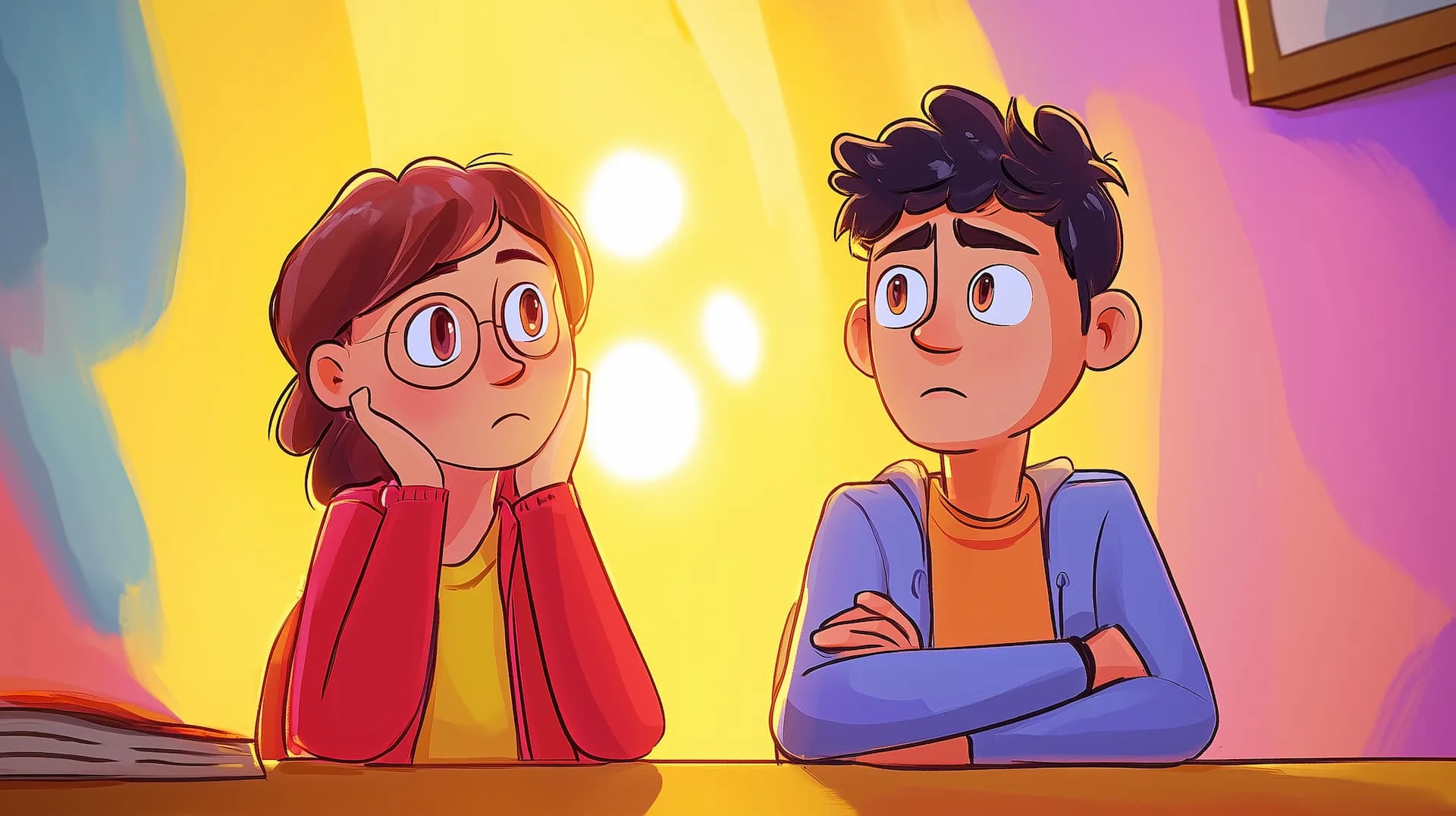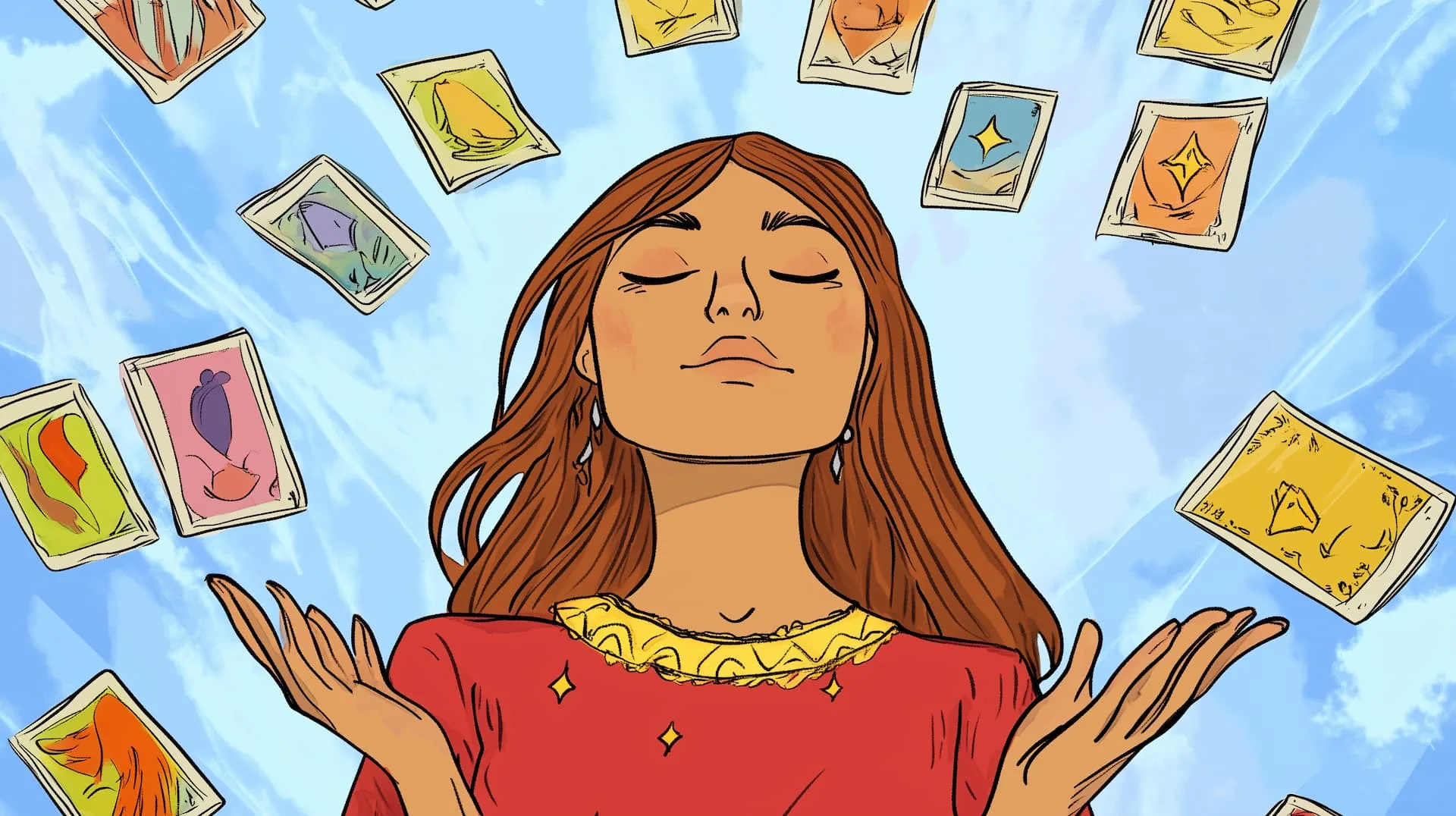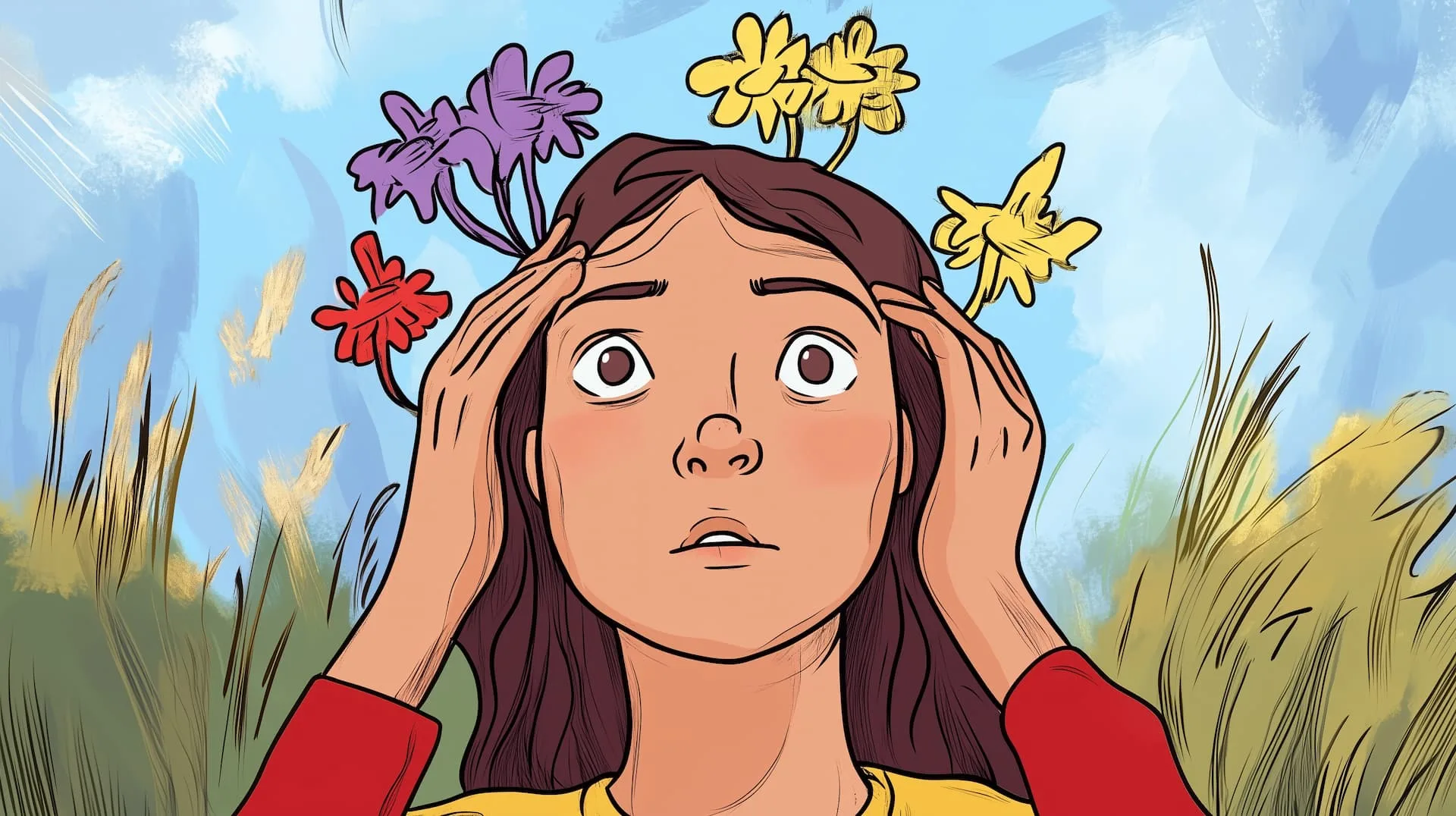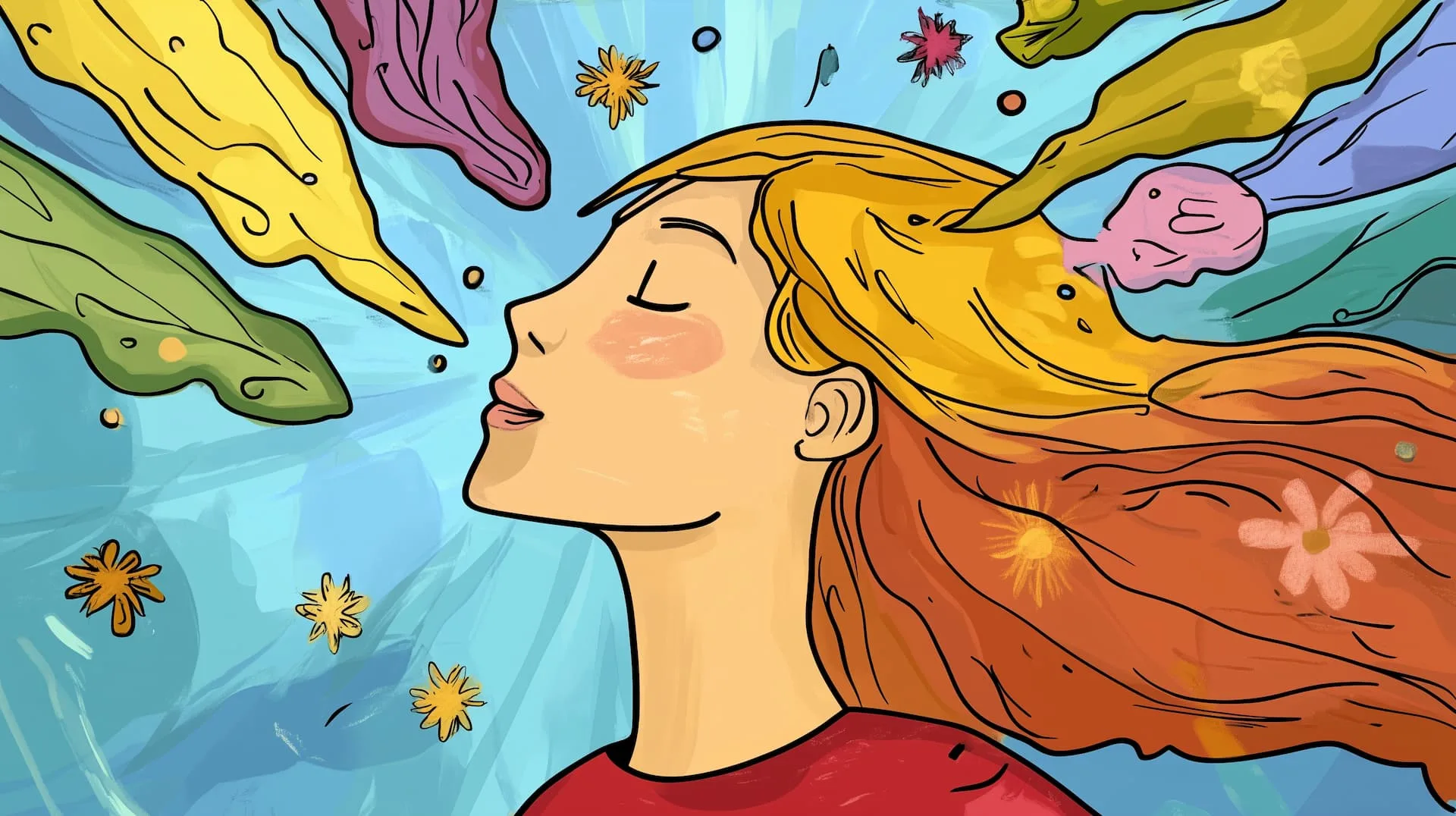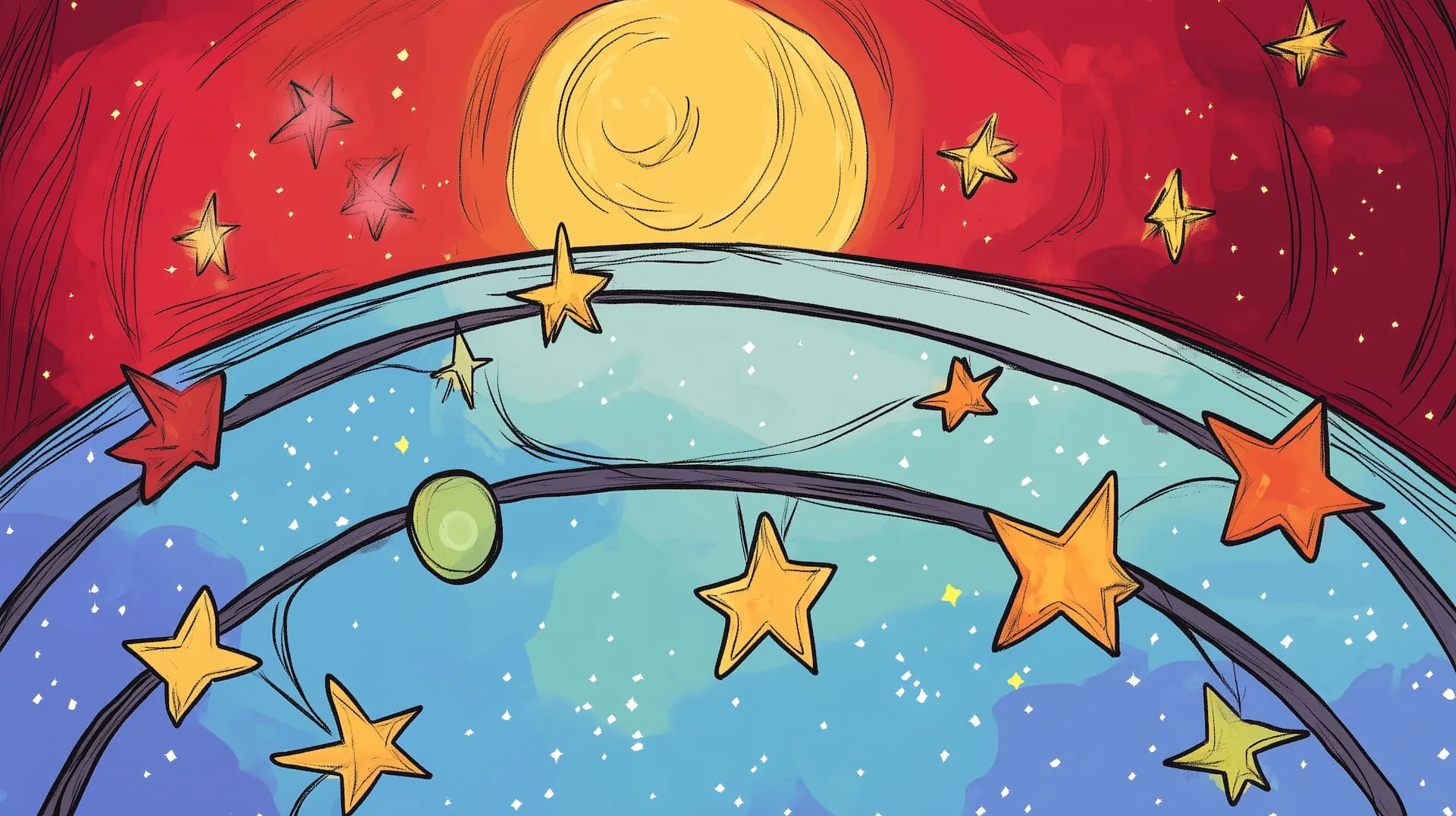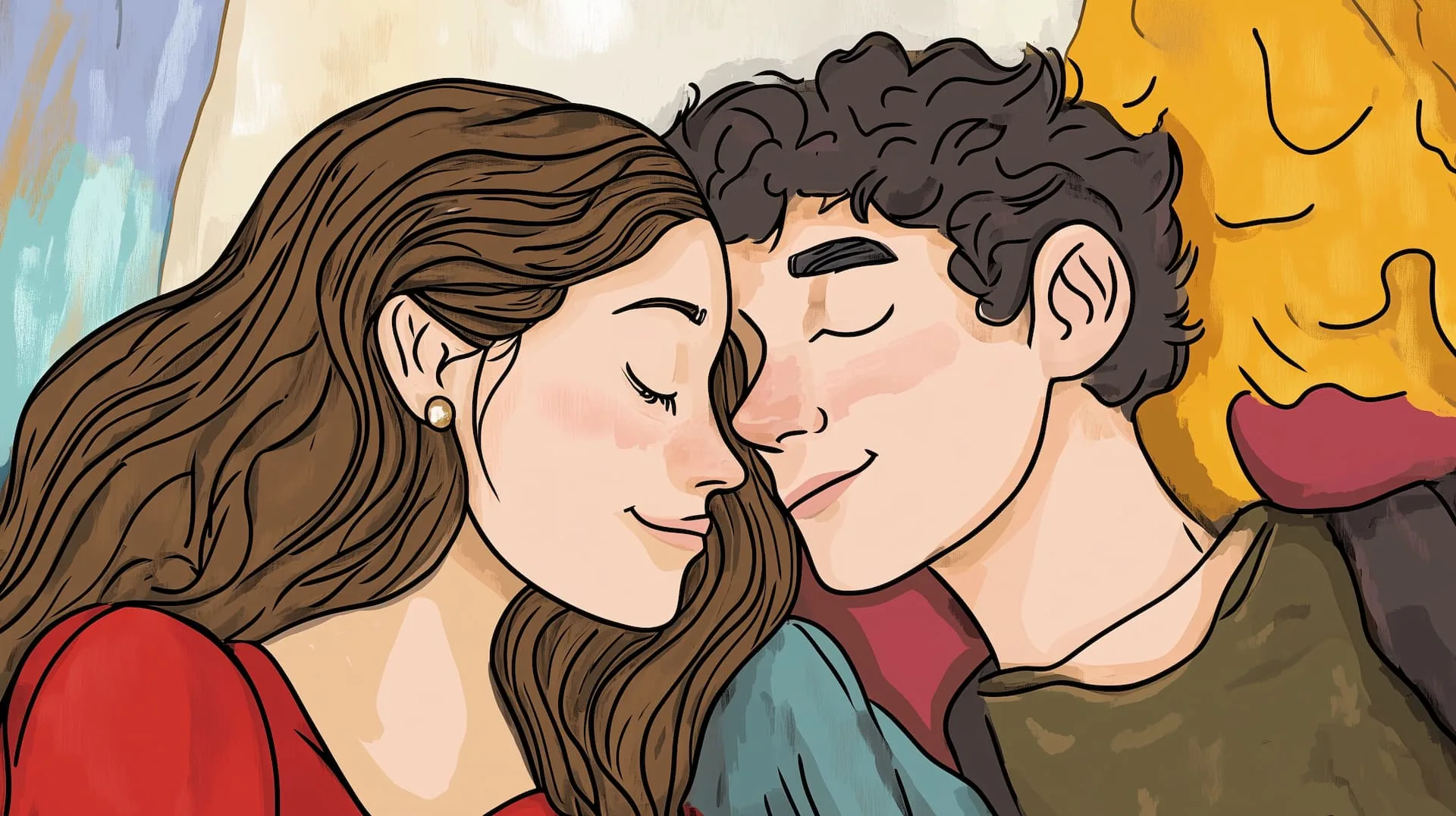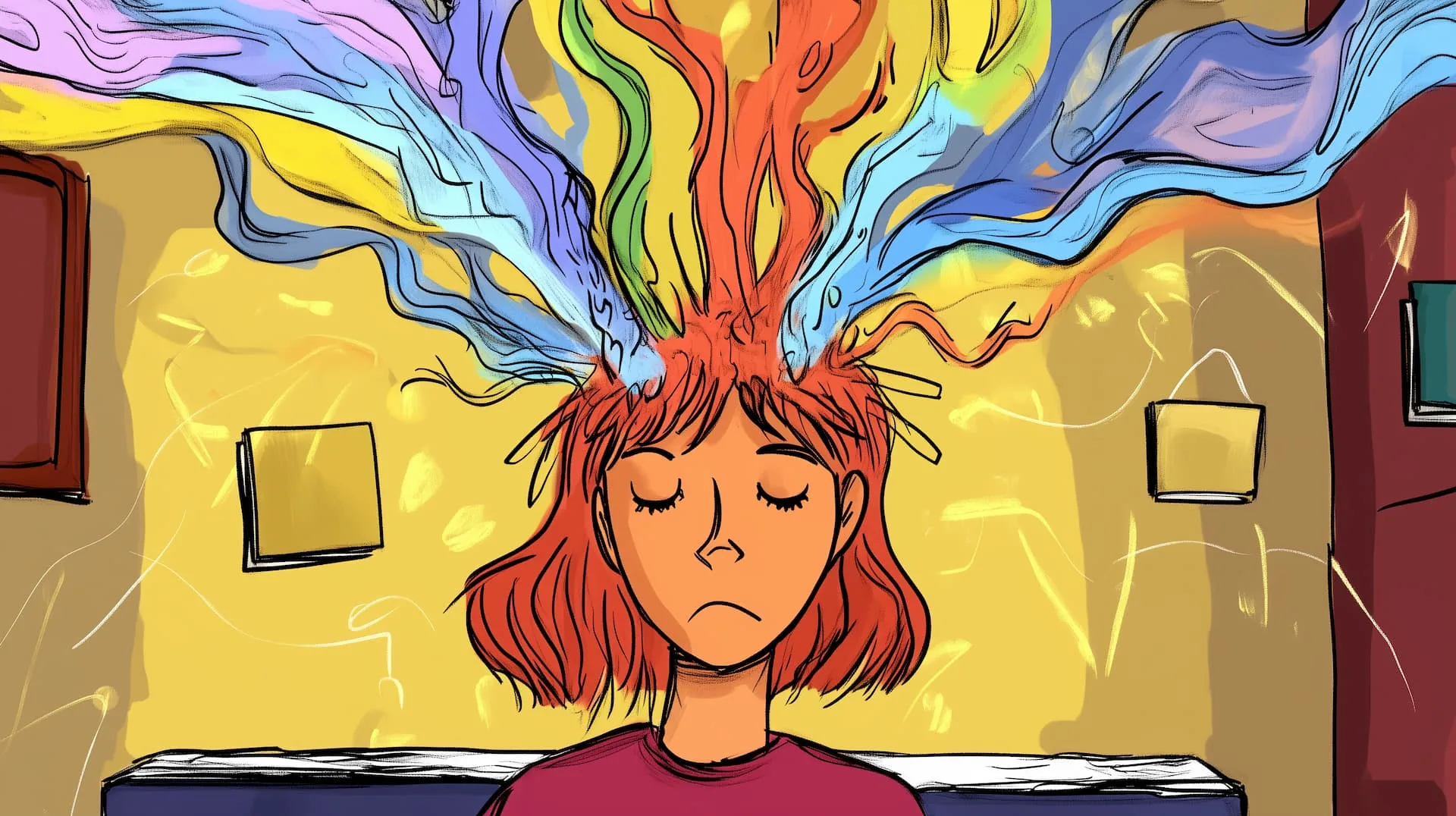
If you know anything about psychology, you probably already know of the many different methods and techniques designed and employed by experts to reach individuals’ subconscious and unconscious minds. Often, these methods are projective- in that they look for answers within the complexities of the human mind via imagery and symbolism.
In their essence, tarot cards have so much to do with this- they are a deck of cards with illustrations that can be interpreted in different ways and used to give meaning to your thoughts and feelings.
While it can be quite ambiguous, there’s no denying that even the slightest hint of clarity at a time when you’re feeling a little lost in life can be uplifting. Somehow, you feel a sense of relief when there’s even the tiniest sliver of thought that all hope is not lost.
In a world as chaotic as ours, such slivers of hope can be all that is needed to help uplift the overpowering panic and anxieties that are so widespread. This is why understanding the psychology behind new-age belief systems is so important. If finding meaning is what humans need to be at peace with themselves, then tarot readings can be the medium that can attempt an explanation of this connection.
Connection Between Tarot And Psychology
In a recent 2018 study by the Pew Research Center, it was found that at least 6 in 10 Americans held some sort of new age belief. The study attempted to answer why this shift in belief systems and the most relevant factors pointed to the emergence of the World Wide Web and how connected the world to different cultures and traditions have shaped and influenced our minds to be more inclusive of alternative world views.
From fashion houses to media to social movements and art and literature, the interconnectedness and the inherent human need for connection is what makes this so prevalent in our communities.
When it comes to therapy or psychotherapy, the school of thought is based on the study of the mind at its surface level, the subconscious, and the subconscious and unconscious. Likewise, if you look at what tarot readers do, it’s about connecting the person to a higher form of themselves.
This has nothing to do with the supernatural but is more about tapping into the consciousness of the individual and helping them realize what was already present within. Here, bringing clarity into the person’s physical reality is what is attempted to help them understand the situation better and make better choices.
Tarot Reading And The Unconscious
One of the most popular psychologists we know of today, Carl Jung, is popular for his work on archetypes. Although using different terms, Jung’s theory of the unconscious is identifiable in the art of tarot reading.
According to Jung, the “internal Tarot” of the mind is a part of the collective consciousness. When we look at both sides of this coin, we can identify many similar features between the two, such as the common perceptions and stories or beliefs we all share. Whether through philosophy, personal beliefs, or even religion and our understanding of divinity, somehow, in the nonverbal world, we are all looking for some kind of meaning and logic from the chaos of our unconscious minds.
In simple words, the connection between psychology and tarot reading can be boiled down to how the illustrious symbols and pictures on the cards drive the human mind to connect with our unconscious desires, thoughts, and feelings.
Association Of Tarot Cards With Our Mental Health
To understand this, think about the dreams you dream. Sometimes, it makes no sense at all, but there’s always a way that you might try to interpret this seemingly chaotic and elusive situation. When you try to interpret your dreams, you are led to tap into your unconscious mind and push those hidden thoughts and feelings out in the open in a desperate attempt to create meaning from the dream.
Not knowing what the dream means was so uncomfortable that you automatically tried to make sense of it and bring your mind to homeostasis. From this same theory, tarot readings can give you this sense of homeostasis but give you a little hope, control, and comfort in knowing what is to come.
Irrespective of whether the prediction is positive or negative, knowing what to expect and mentally preparing for it can reduce your anxiety, which is already an empowering thing in itself.
Is It A Good Idea To Go For Tarot Readings?
The thing to remember above everything is that tarot reading should never replace professional therapy. Although there is a strong association between the two in terms of tapping into your subconscious and unconscious minds to seek answers, tarot reading is not backed up by the mountain of research and scientific evidence that psychology and psychotherapy are.
Moreover, in therapy, the therapist’s job is not only to reflect the patient’s emotions and thoughts but also to help them process their problems, find strategies to help overcome these problems, and eventually work through their trauma to improve their mental health.
However, there’s also nothing wrong in seeking peace and solace from alternative new beliefs. Tarot readings are more or less a type of self-reflection method that can help you understand your inner self better and become more self-aware.
In psychological terms, you can say that it gives you a better awareness of how your emotions and thoughts can affect your own behavior.
Can Tarot Cards Be Used In Psychotherapy?
Whole tarot card dressings and psychotherapy have vastly different end goals. Tarot readings can be incorporated into the therapy sessions if your therapist finds it to be a good and suitable guidance system for the patient.
Here are a few ways that tarot readings can be beneficial:
- If you feel stuck in a rut or find it hard to decide anything in your life, a tarot reading might help you find a fresh new perspective.
- Tarot reading sessions can empower the patient because they give them a strong sense of self-identity and self-awareness.
- Tarot cards are metaphor-rich. This means that patients develop a new understanding of their situation through the use of these metaphors.
- It can also help patients who are having a tough time being verbal about their situation and issues.
What Dr. LeMeita Smith, PhD says about tarot reading
Dr. LeMeita Smith, PhD is an esteemed professional in the field of mental health who first developed an interest in Psychology during her undergrad studies as a student-athlete while working with a sports psychologist. She found the profound connection between mental health and physical performance intriguing, which guided her towards a career path in psychology. As a professional in the field Dr. Smith has garnered insurmountable experience in assessment, treatment planning, intervention, and case management of individuals dealing with various types of mental health issues including anxiety, depression, and psychosis. Dr. Smith has developed and facilitated various training courses, seminars, blogs and academic writings providing insight on different aspects of behavioral health which have served to guide clients, practitioners, and their support systems. As the Director of Clinical Services at United Health Services, she brings a wealth of knowledge and expertise to her role. With a doctoral degree in Psychology, as well as being a Licensed Professional Counselor (licensed in Texas) and a National Certified Counselor, Dr. Smith possesses a deep understanding of human behavior and effective therapeutic approaches. She views astrology and tarot from an archetypal/Jungian perspective, acknowledging cultural and spiritual diversity. She belives that Tarot card reading, usually used for predicting the future, can also help with psychology by showing symbols that reflect a person’s deeper thoughts and feelings. Tarot cards give people a way to think about and understand their emotions and thoughts better.
Dr. LeMeita Smith, Ph.D says about The Emperor card: “Each card of the Major Arcana represents an archetype defined by Jung, which carries a significant meaning. Within the collective conscious lies authority, structure, and order represented by the tarot card known as the Emperor. The emperor depicts the role of provider, tasked with protecting and defending your loved ones. When the Emperor appears within tarot it symbolizes a journey towards personal growth and conformity. Jung describes this journey as necessary to build the foundation needed to embrace your whole psychological self. An instinctual motivation to attain love and power is a central goal within this process of revealing the divine self. The Jungian viewpoint further defines the emergence of the Emperor to represent a time for overcoming challenges in life to achieve goals. This archetype encourages purposeful movement towards embracing the innate qualities designed to guide you through your current situation. Within the journey of the Emperor an individual is encouraged to face conflict with confidence. The Jungian viewpoint describes this journey as a representation of the conscious and unconscious mind merging to overcome inadequacy. The Emperor becomes a valuable ally during the transition to one’s higher self, described by Jung as the process of individuation.”
This is what a psychologist Dr. LeMeita Smith, Ph.D says about The Empress card: “The Empress embodies the archetype of stability, nurturing, and connectedness. The Empress highlights the importance of exploring creativity and is frequently associated with motherhood and the power of nature. A true understanding of the human potential as described by Jung can best be captured through the underpinnings of the Empress. The emergence of the Empress within tarot can symbolize a significant change that is impending or needed within your life and serve as a reminder to remain grounded in the present. This archetype promotes the need for harmony between physical and emotional well-being which is reflected in the Jungian viewpoint. Jungian principles identify the needs of the higher self and seek to bring balance between the conscious and unconscious mind. This focus on emotional health and nurturing relationships supports one’s journey towards self-actualization, further explained by Jung as the process of discovering meaning and purpose in life. The Empress additionally represents emotional intelligence described by Jung as necessary to initiate the self-care needed to obtain healing. Through the celebration of the abundance of life, the Empress encourages exploration of creativity and inspiration which Jung describes as the spontaneous product of the psyche. This spontaneity allows the free flow of energy allowing new thoughts and ideas to appear.”
Dr. LeMeita Smith, Ph.D says about The High Priestess card: “The High Priestess is often associated with dreams and spiritual exploration of hidden knowledge and dormant thoughts within the unconscious. It is symbolic of understanding the balance of life and manifesting what you want out of life. These dormant thoughts are explained from the Jungian viewpoint as a shadow encompassing repressed insight and memories. The shadow is described as a point of untapped knowledge that we carry with us. The High Priestess appearing within tarot is an indication for one to connect with this shadow or inner voice and identify what it is attempting to reveal. The findings can reveal a greater understanding and self-awareness supporting growth. The teachings of Jung caution against ignoring this inner voice if one is to ever know themselves truly. The High Priestess encourages an analysis of the signs and symbols revealed within dreams and to trust your instincts. Although this process can be lengthy, Jungian principles explain it as integral in exploring the presence of unconscious influences. Through this exploration one is encouraged to trust instinctual responses part of the collective unconscious which provide a deep understanding of behavior. Failing to acknowledge the shadow or dormant thoughts can lead to moments of unawareness where the impulses may reveal themselves in harmful ways.”
A psychologist Dr. LeMeita Smith, Ph.D says about The Magician card: “Within tarot, the Magician card represents initiative and taking actions towards manifested goals. This archetype represents the ability to combine creative and imaginative forces with the unconscious mind to foster creativity and innovation. According to Jung, the Magician symbolizes the power of transformation and manifestation. Individuals can use visualization to conjure possibility and bring ideas to the mind’s eye. Through this action self-discovery and transformation occurs allowing an individual to gain mastery over their mood and affect. The Magician takes the naivety of the Fool and molds it into potential and willpower to create your inner world. In Jungian teachings, the Magician can be seen as the archetype of self, merging concepts of both the conscious and unconscious psyche. This merge creates a balance and unity within the human experience. Through this mastery reality can be manipulated based on the choices made and actions taken. When the Magician is revealed within tarot it symbolizes the need to act and make choices supportive of becoming your best self. It reveals that you already possess the self-confidence and tools needed to obtain success and encourages the use of your intellect. By embracing and trusting one’s intuition the ability to influence and inspire others is revealed.”
“The Fool integrates with every character he meets and is the essence of innocence and spontaneity. As part of Jung’s original archetypes, the Fool is the epitome of self-realization and describes the potential future. According to Jung, the Fool’s journey is one shared by the collective unconscious symbolizing the experience and wisdom obtained through trial and error. Accepting this journey demonstrates a willingness to step into the unknown and embrace the inevitable development obtained through starting something new. From the Jungian point of view, taking risks is an integral part of growth, which embodies the perspective of the Fool who is unafraid of trying new things absent of the certainty of success. This process is necessary for the development of individuation, as described by Jung, supporting the realization of one’s purpose or direction in life. An individual can be liberated from the fears associated with the personal unconscious through the journey of the Fool, which operates from a strength’s-based perspective of promise and potential. An unwillingness to embrace the journey of the Fool stifles personal development into the archetype of the Sage or Savior.” – says Dr. LeMeita Smith, Ph.D
